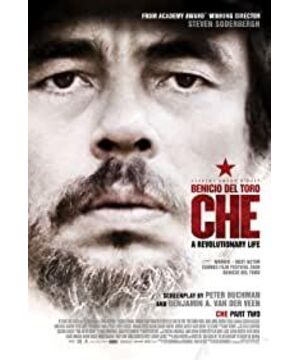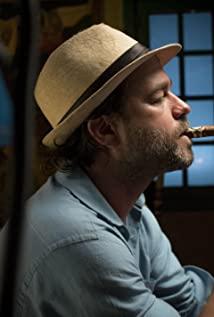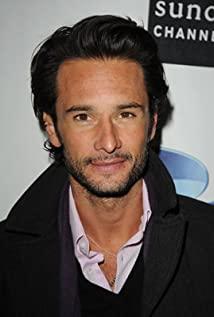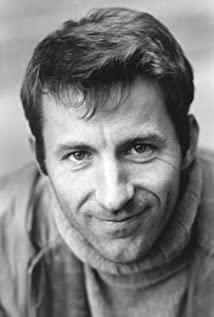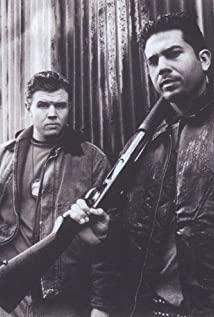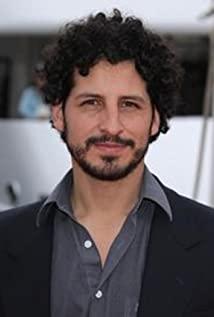He is a romantic knight and a tragic poet. Many years have passed, and I still love him. But I have separated my love for him from my expectation of life. I am sure that I will not roam on a motorcycle; I am sure that I will not become a revolutionary; I am sure that I do not love the Bolivian jungle. . . . . . . Compared to Che Guevara's belief, what do I believe in? I think my faith is nothing more than a practical daily life, as well as those emotions attached to daily life, those upward powers lurking deep in people's hearts. . . . . . But can this be regarded as faith?
In the first half of his life, Che Guevara devoted himself to revolution for his beliefs and became a hero; in the second half of his life, he exiled himself for his beliefs and created a great warrior. Sartre, the existentialist, the man who sees others as hell and who is insightful to the gloom of human nature, said when evaluating Guevara: "Che is the most perfect person in our century!" The charm of Guevara lies in His determination, his passion, his coldness, and the consistency of his faith.
"Motor Diary", "Guevara, Argentina", and "Guevara, Guerrilla" can be regarded as cross-director Guevara biography. The former is beautiful, the latter two are heavy, try to get close to and restore Guevara himself.
"Motor Diary" records the youth of Guevara. I really like his experience of riding a motorcycle and roaming Latin America. He gave his girlfriend a puppy called "Return", but after this tour, he obviously couldn't come back again.
"Guevara, Argentina" describes his victory in Cuba. This victory was accidental. I guess privately, is Che Guevara's departure because he regarded this accident as inevitable? Has he become superstitious about his own personal power? Or, his leaving was an exile for himself? In the film, he said more than once: "No one in this world is indispensable." In the jungles of Bolivia, he said to the guerrillas: "You are suffering now, you may be injured and sacrificed. You may also be sacrificed. He will win, and then he will become a useless person. That's all." He left because he felt that he was not an indispensable one in politics and power? Perhaps, he wants to write another myth in blood, proving that he is the only and indispensable one. he made it.
Nietzsche said: All men should be fighters. Che in "Guevara, Guerrilla" is a warrior, a real man, perhaps, close to a god. He was betrayed by the local residents he wanted to liberate. The Bolivian military officer said to him: "Maybe they don't welcome you." Another military officer scolded him: "You Cuban idiot!"
But if he is stupid, then Jesus may not be that smart.
He was dead scribbled and easily. It's just a random gun from a few unknown soldiers, and the order they received is not to hit him in the face. When the bullet came over, Che Guevara was nothing but flesh and blood, but he remained thirty-nine years old forever, in his bloody youth.
View more about Che: Part Two reviews


